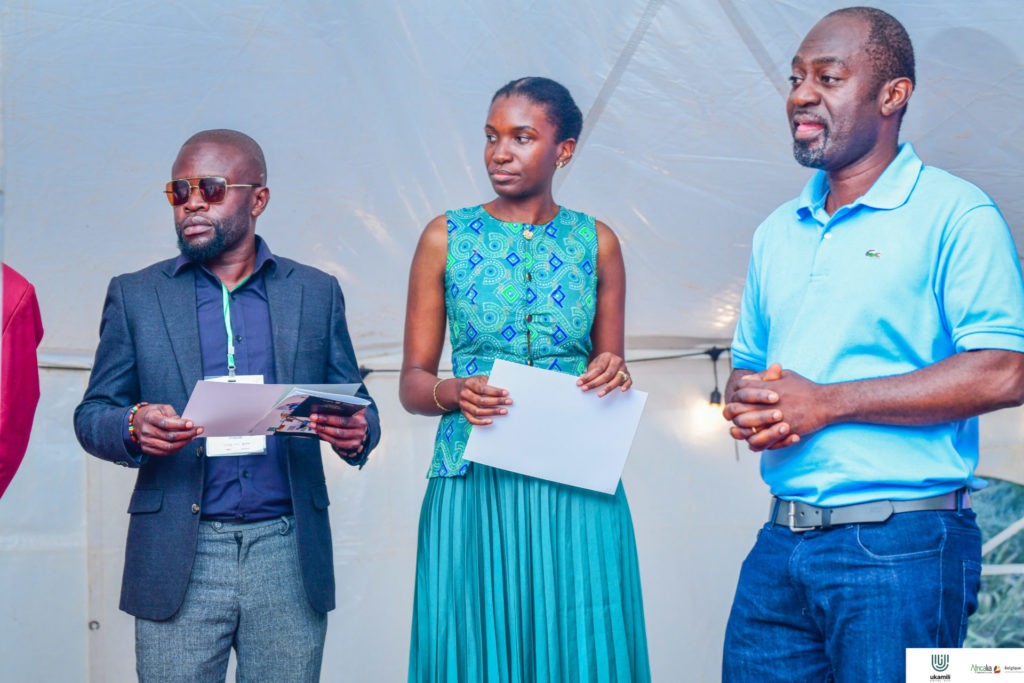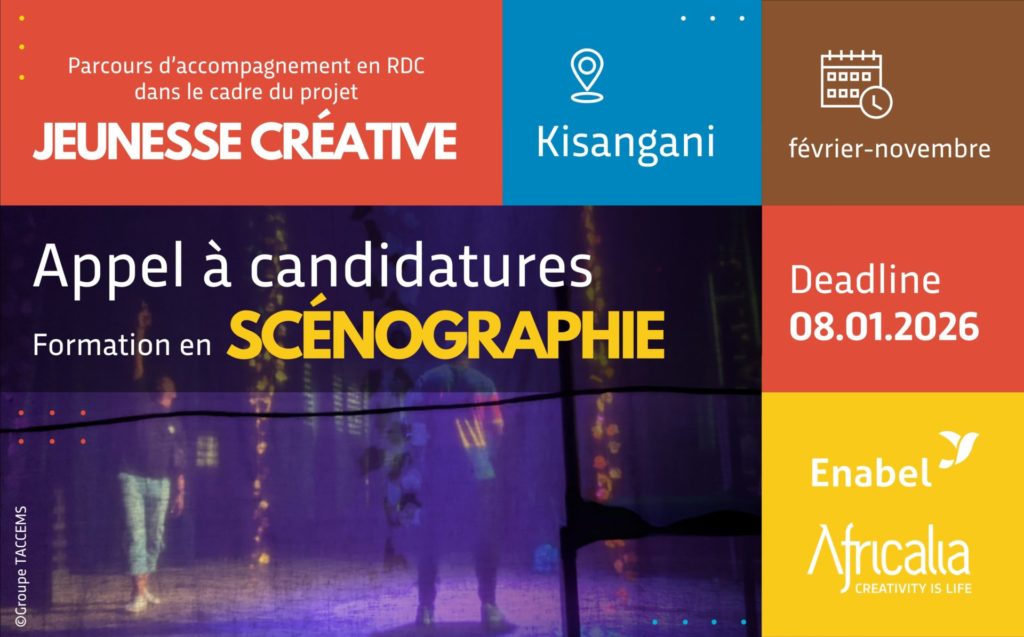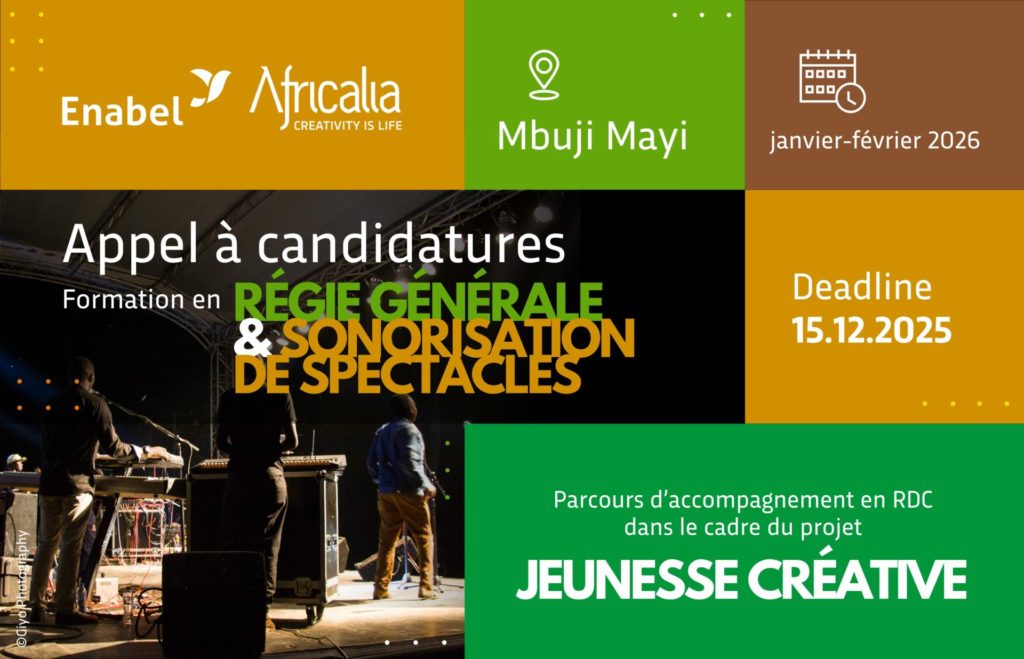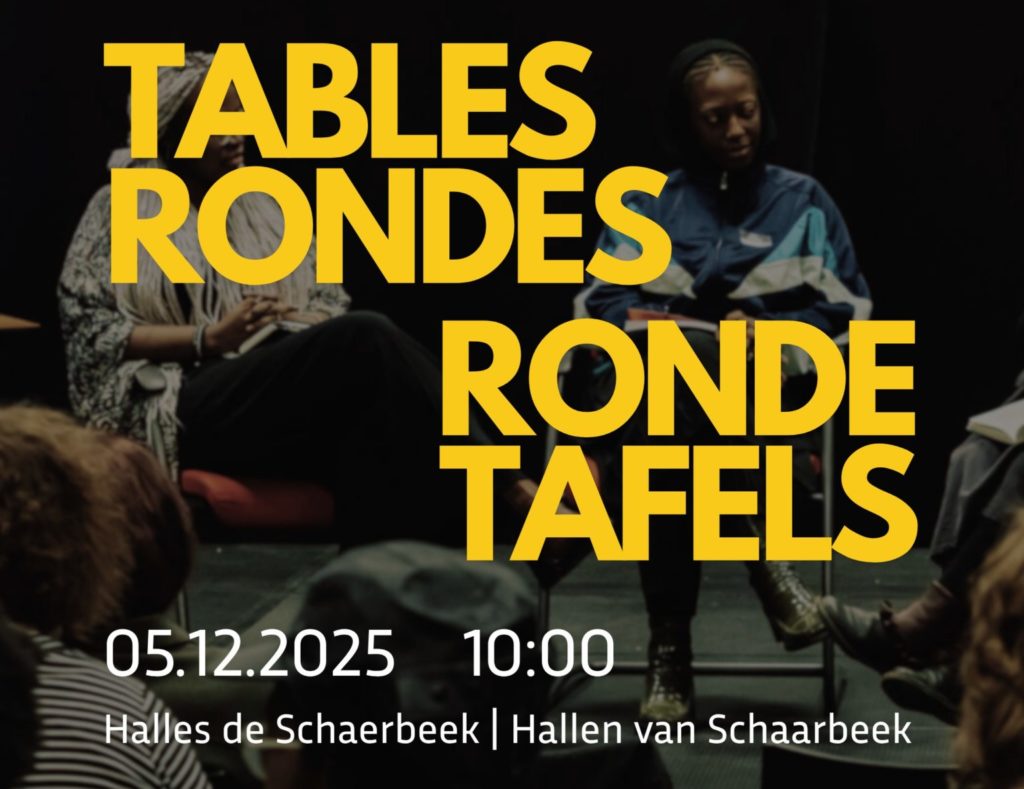Africalia takes part in European Development Days (#EDD17).
Together with other partner institutions active in the field of Culture and Development, we are delighted to invite you to the:
Debate: "Investing in Creativity: the future is now".
This debate, co-organised by 14 partner organisations, will be the first ESD event on Wednesday 7 June, 9.00am to 10.00am at Tour et Taxis in Brussels (room A1).
Creative sectors are growing all over the world, and digital developments are opening up new entrepreneurial opportunities, even in the most remote locations. Investing in cultural participation empowers citizens and communities, supporting interconnection, well-being and social cohesion. The direct and indirect impact of public and private investment in culture on society and the economy is evident in many parts of the world.
Speakers: the Director General of the European Commission's Directorate General for International Cooperation and Development (DEVCO) Stefano Manservisi (tbc), the Assistant Director-General for the Africa Department of UNESCO Edouard MatokoItaly's former Minister of Foreign Affairs Mario Girothe Senegalese academician Felwine Sarr and the singer Rokia Traoré.
Key points of the debate
- Culture does not create simple products that are purely economic or financial. Cultural products are much more than that: when it comes to culture, the aim is to produce meaning that improves people's lives and well-being.
- To produce something sustainable, you need training. One solution would be to bring in trainers from the EU, but that would not be enough. Africa has professional trainers, but it still lacks local trainers. This is where there is a cross-over with the job market, because there are still not enough professionals to meet the needs of the sector.
- The production of quality cultural goods cannot be achieved by concentrating on just one link in the chain; the whole ecosystem needs to be taken into account: infrastructure, facilities, education, training, cultural centres.
- Other major problems affecting the cultural sector in Africa are the lack of regulation, the non-application of existing rules and the gap between government legislation and the reality experienced by artists. Cultural players need to work together and organise themselves to negotiate with the authorities.
- In order to obtain funding, young people have to comply with numerous administrative requirements. They are therefore reluctant to fill in a host of forms without being sure that their application will be accepted (even for €10,000). International institutions should try to facilitate young people's access to funding by modifying procedures (simplification, discussions with partners, etc.).
- The artists have decided to take the bull by the horns and organise activities, even though they do not have sufficient funding. International institutions and governments are not aware of how many artists there are or what they are doing. These initiatives need to be identified and the work of these artists highlighted; otherwise, we get the impression that nothing is happening in Africa, which is not true.
- One way of preventing artists from leaving the country (brain drain and talent drain) and bringing back those who have left is to create links between artists and cultural promoters so that they can express the difficulties they are experiencing.
- The private sector does not want to waste money. We need to create a legislative, economic and financial framework (e.g. tax facilities, granting guarantees, protecting investors against risks and encouraging them to take risks in this sector) that allows the private sector to invest. International institutions have the means to put in place this favourable framework for investment in Africa. However, to whom are we referring when we speak of the private sector (large companies, SMEs, micro-enterprises)?
- Investors want sustainable, profitable projects. Will the cultural goods be sold? Will they work? Cultural goods have qualitative impacts that must be taken into account over the long term. This is why the cultural sector needs to look at a new definition of return on investment.
- Art is a kind of laboratory. No one can guarantee a precise result, although there will always be results. Funders need to be aware of this when they support artistic and cultural projects; they need to be flexible.
For further information: https://eudevdays.eu/sessions/investing-creativity-future-now
To access the site and take part in the activities, you must register online before 20 May 2017 at https://eudevdays.eu/register-anonymous.
Credits
Partners in the "Investing in Creativity, the future is now" debate: Africalia, Agenda21 for Culture (UCGL), Agenzia Italiana per la Cooperazione allo Sviluppo, Arterial Network, Asia-Europe Foundation, BOZAR, British Council, Coopération Education Culture (CEC), Culture et Développement/Territoires Associés, European Centre for Development Policy Management (ECDPM), Goethe-Institut, Interarts, International Music Council, UNESCO.







